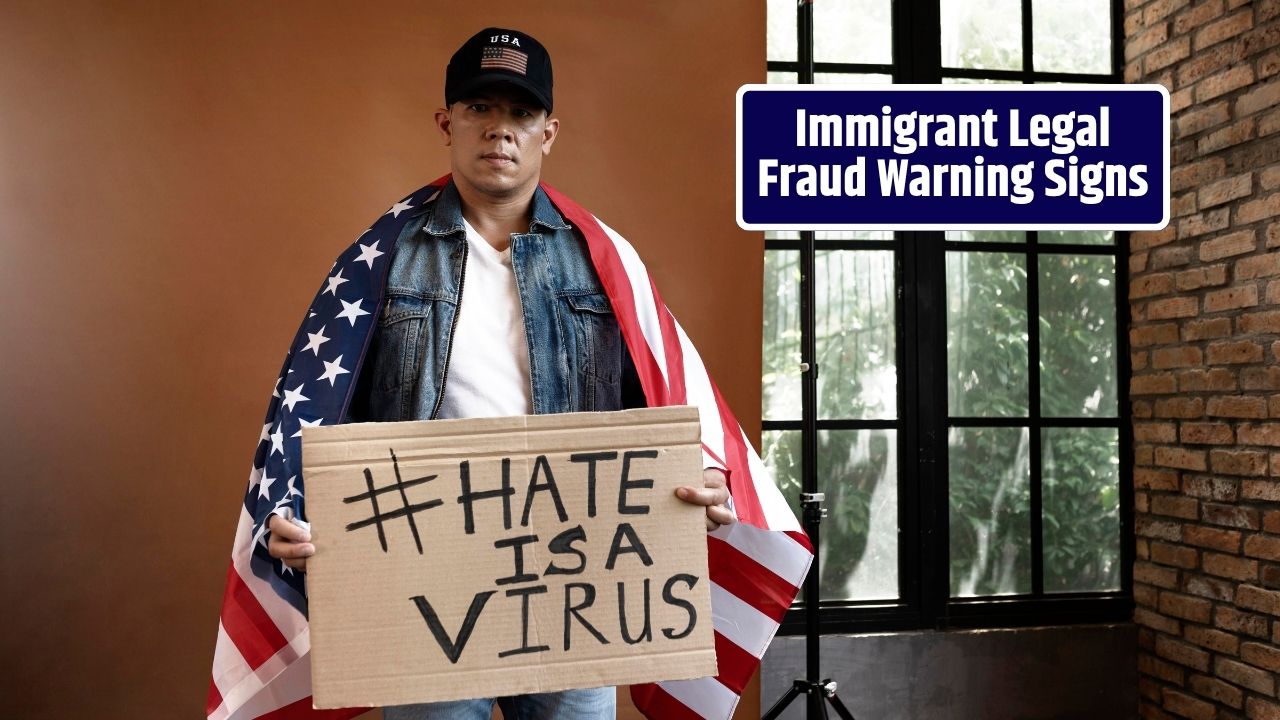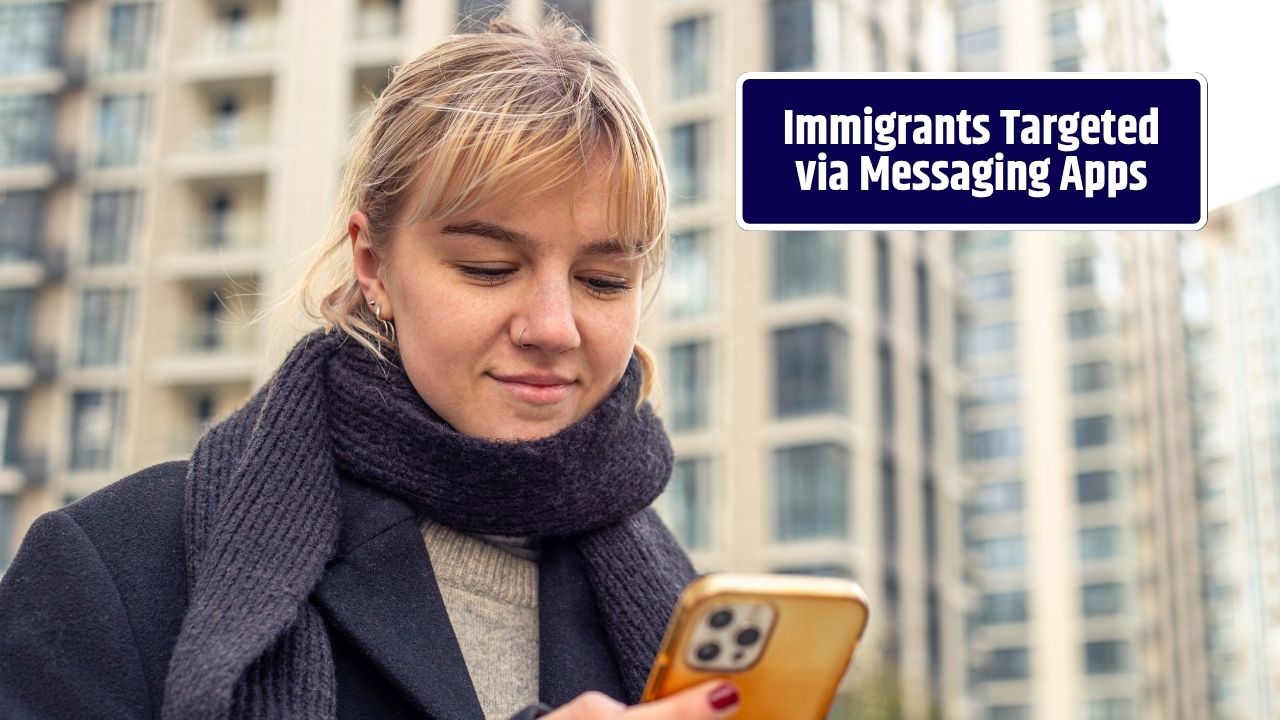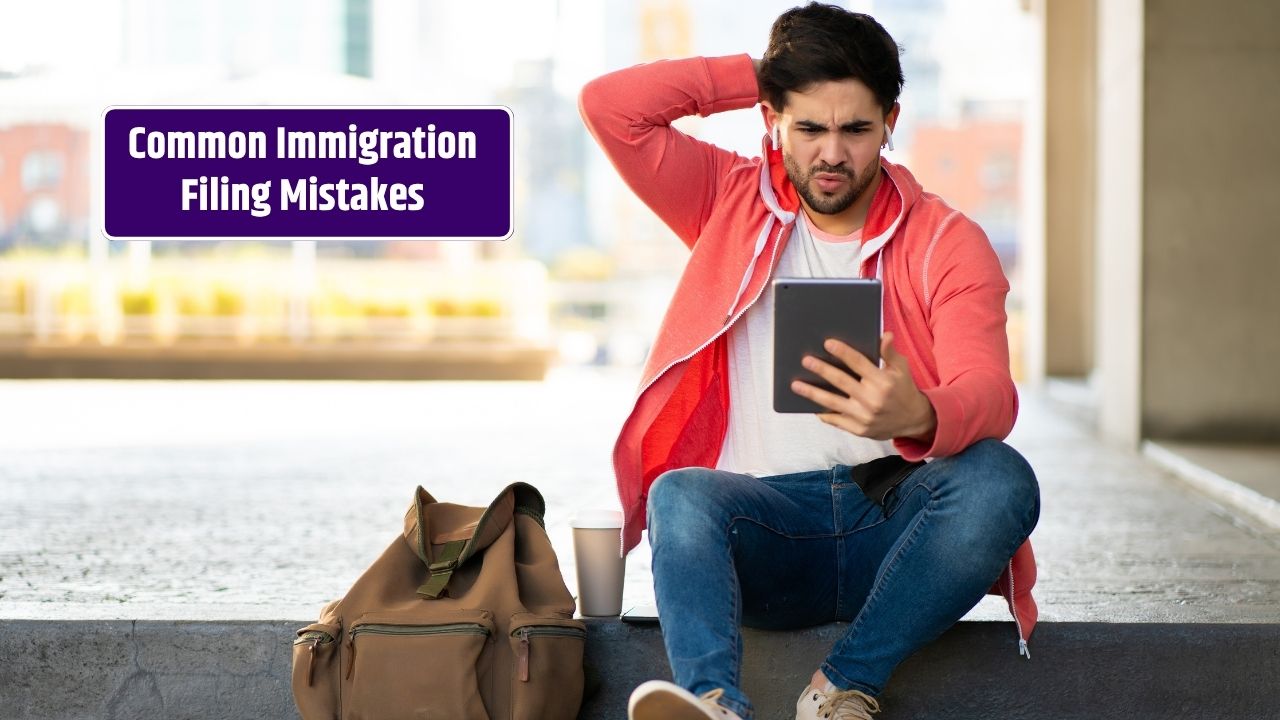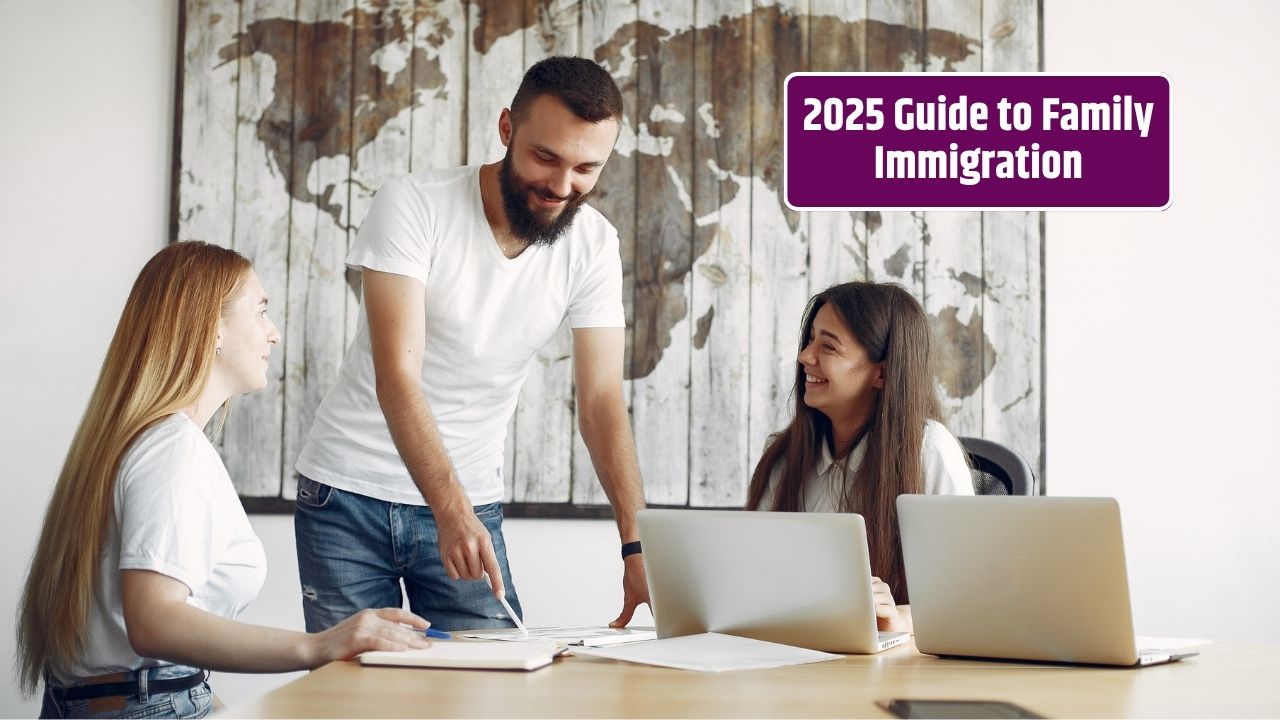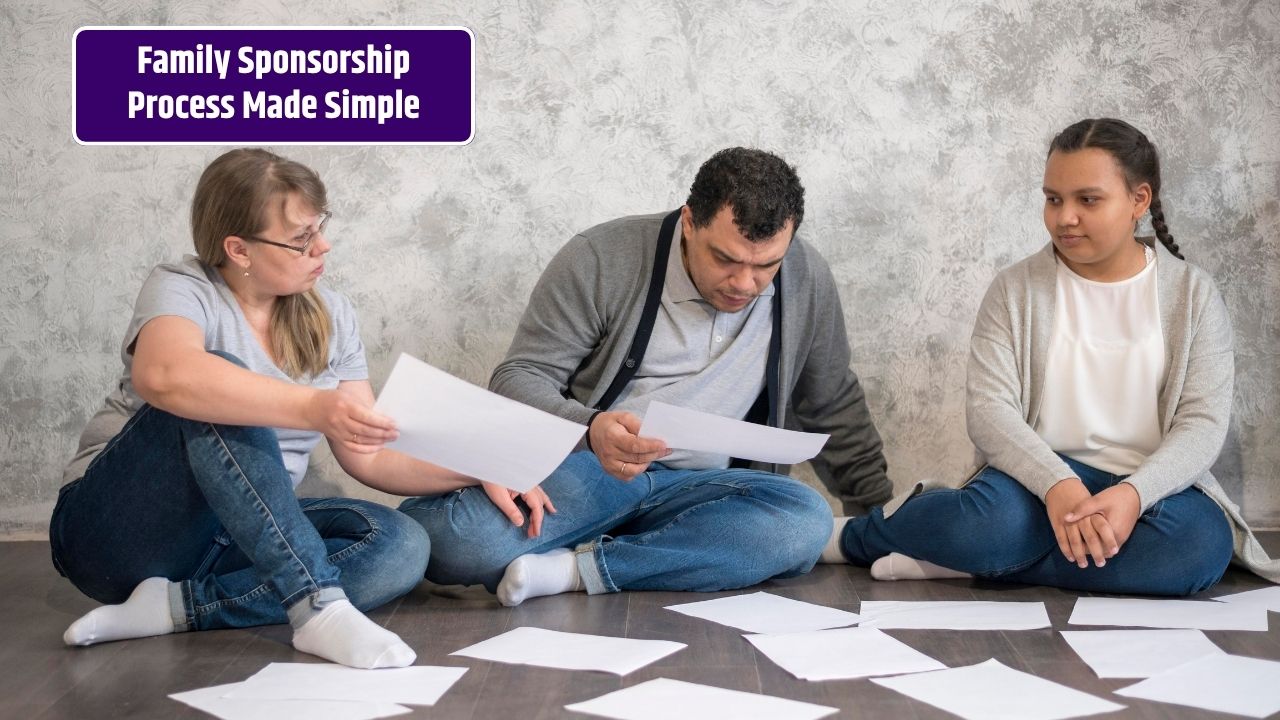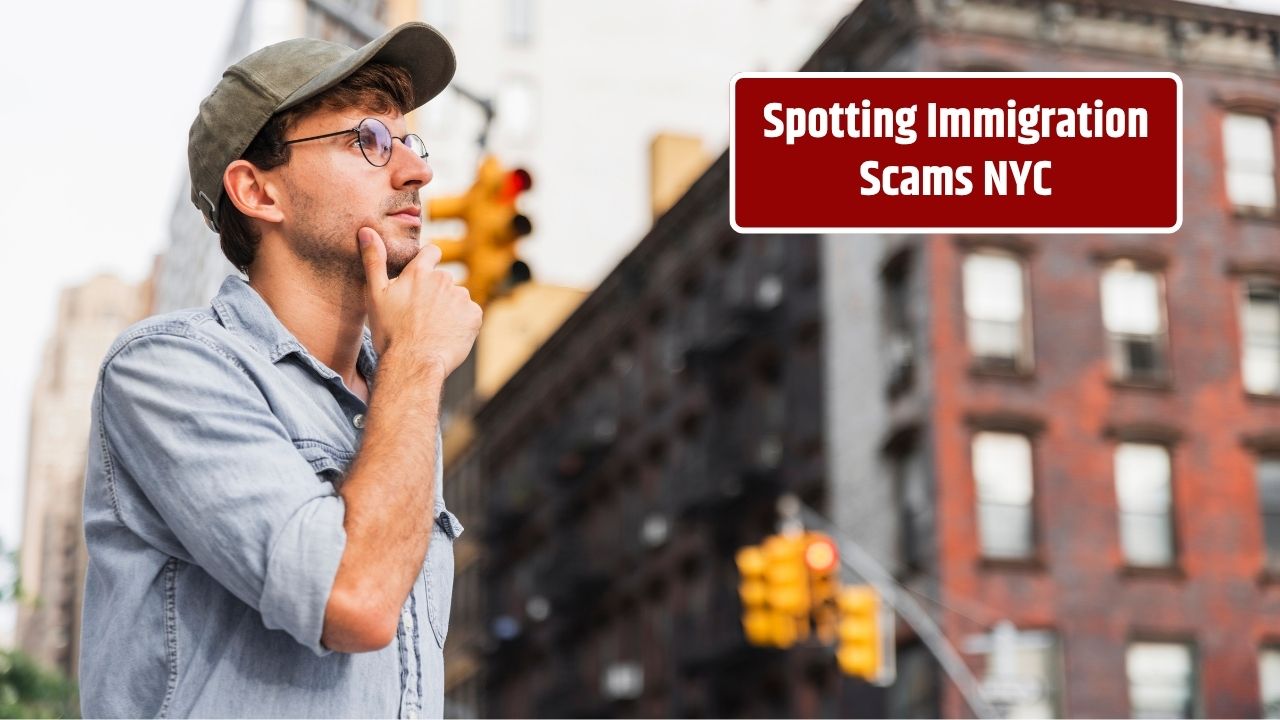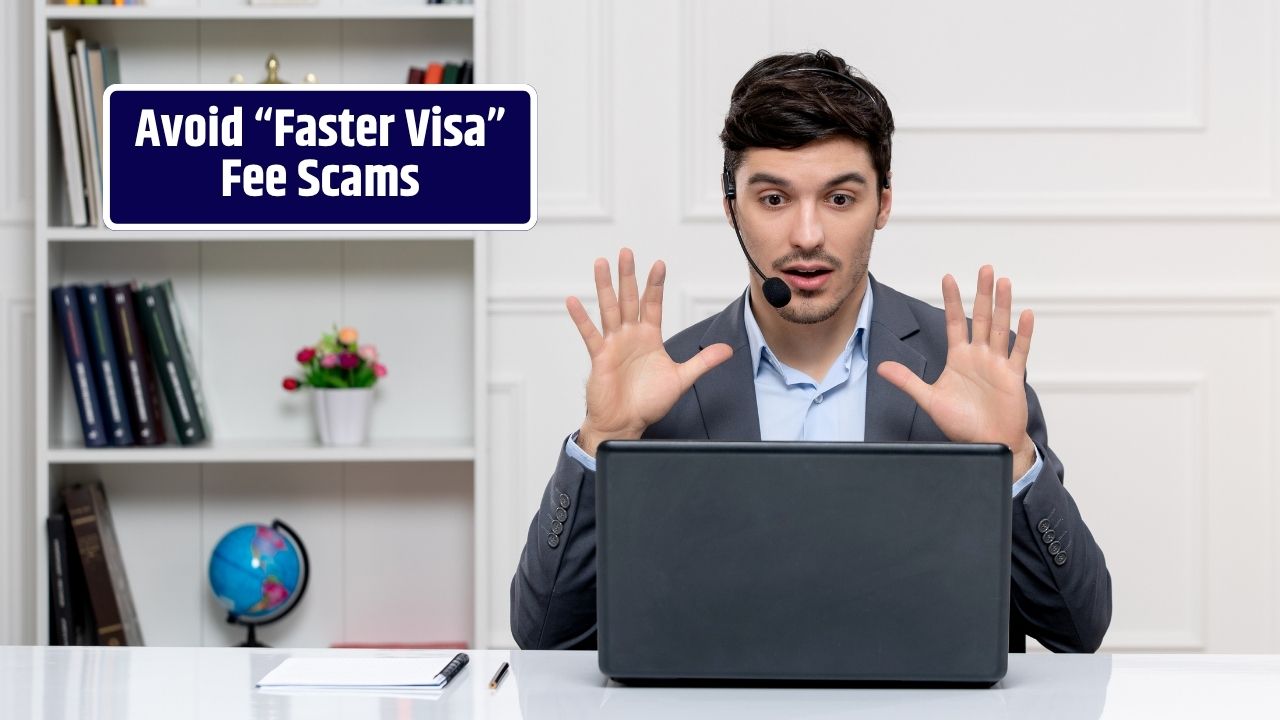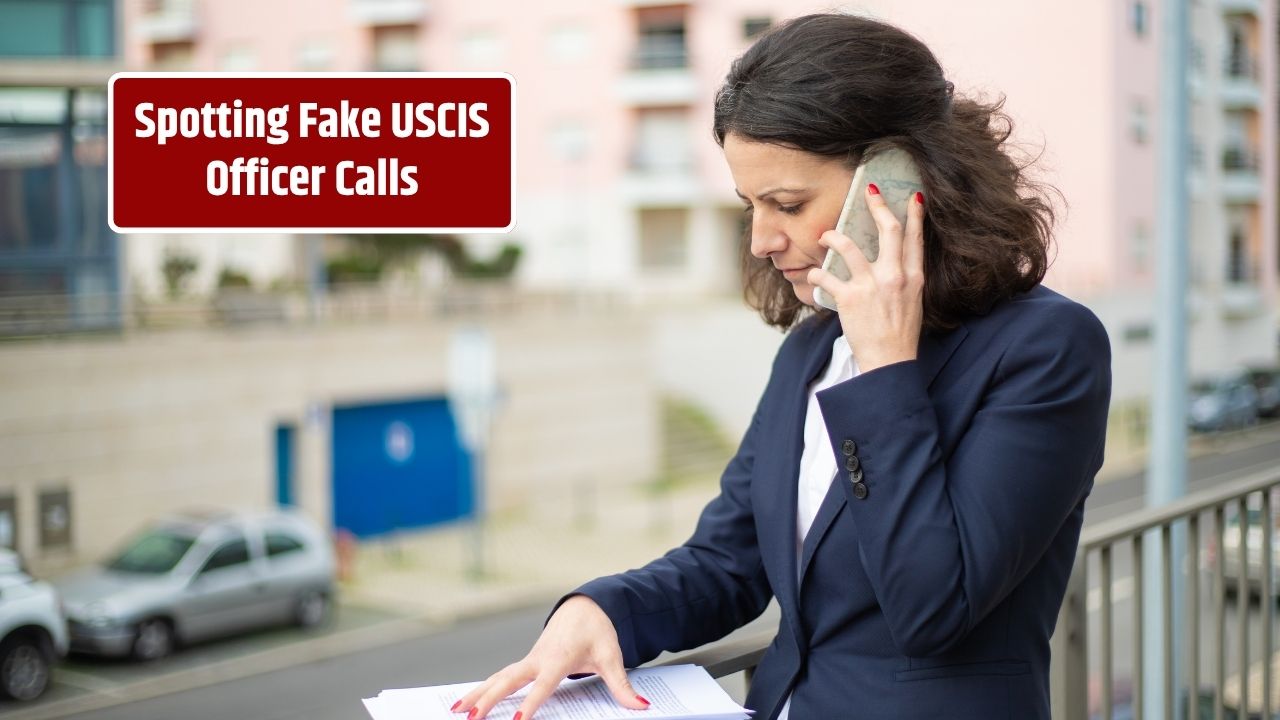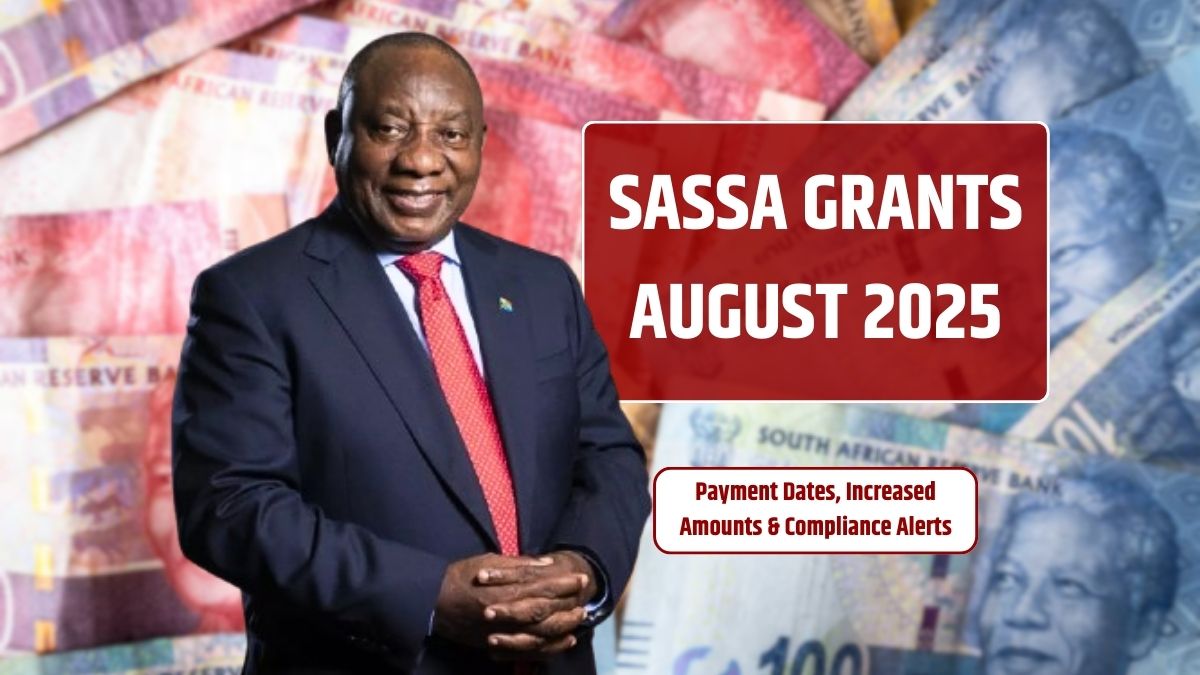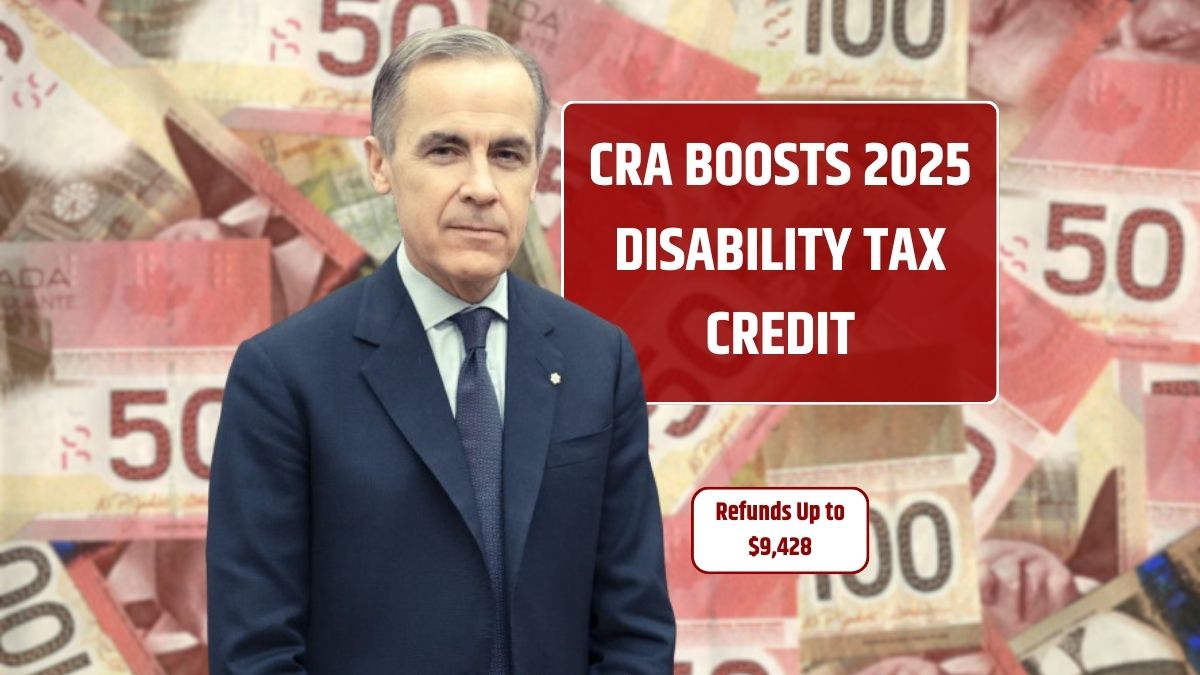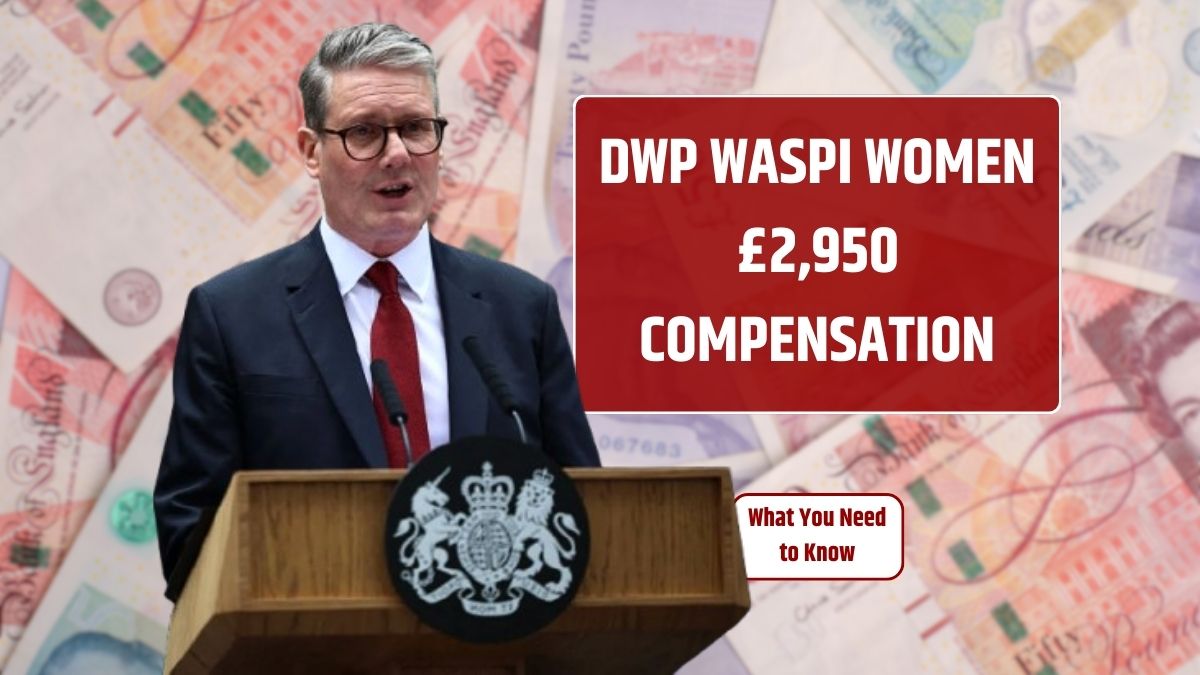Legal aid is meant to support immigrants, especially those navigating complex immigration processes. But unfortunately, some individuals and organizations exploit this trust by posing as legitimate legal helpers—only to commit fraud. Recognizing the warning signs of legal aid fraud is crucial for protecting your rights, money, and immigration status.
Below are seven key red flags every immigrant should be aware of.
7 Warning Signs of Legal Aid Fraud for Immigrants
1. The “Notario” or “Immigration Consultant” Claims to Be a Lawyer
In the U.S., notarios and immigration consultants are not attorneys and are not authorized to provide legal representation. In many Latin American countries, a notary public has legal training—but that’s not true in the U.S.
If someone offers legal advice without being a licensed attorney or Department of Justice (DOJ)–accredited representative, it’s likely a scam.
2. They Promise Guaranteed Results
No one can guarantee a visa, green card, asylum, or citizenship. Immigration outcomes are determined by government agencies based on your case—not someone’s promises.
Be suspicious of anyone who says they have a “special connection” or guarantees approval.
3. They Ask for Large Upfront Payments or Only Accept Cash
While some legal services do require fees, fraudulent providers often demand full payment upfront, cash only, or gift cards/wire transfers. These methods are hard to trace and recover.
Always get a detailed, written receipt and be wary of vague or overpriced service fees.
4. They Tell You to Lie or Submit False Information
If someone advises you to falsify documents, claim a marriage or asylum need that isn’t true, or lie on forms—it’s not just fraud, it could jeopardize your entire case and even lead to deportation.
Legal professionals should help you present your case honestly—not put you at legal risk.
5. They Don’t Give You Copies of Paperwork
By law, you have the right to receive copies of any documents submitted on your behalf. Scammers may withhold this paperwork to prevent you from realizing mistakes—or from switching to a legitimate representative.
Always keep copies of everything you sign or submit.
6. They Don’t Have a Physical Office or Valid Accreditation
If someone offers legal aid but can’t provide a valid license, proof of DOJ accreditation, or a verifiable address, consider it a red flag. Real attorneys are registered with state bar associations and DOJ-accredited reps are listed publicly.
Look them up online or check justice.gov/eoir.
7. They Pressure You to Act Quickly Without Explaining the Process
Scammers rely on fear and urgency to push victims into handing over money or signing documents without fully understanding them. Real legal professionals take time to explain your rights and options.
Take your time, ask questions, and never sign anything you don’t understand.
What to Do If You Suspect Legal Aid Fraud
- Report the fraud to your state attorney general, the FTC (reportfraud.ftc.gov), or the NYC Department of Consumer and Worker Protection if you’re in New York.
- Contact ActionNYC or a local immigration legal clinic to find accredited help.
- Do not continue working with anyone who has scammed you—seek verified legal help immediately.
FAQs
Can a notary public help with immigration paperwork in the U.S.?
No. Notaries are not licensed to provide legal advice or represent clients in immigration matters.
What if I already paid a scammer?
Report the incident and consult a qualified immigration attorney to fix any harm caused.
How do I check if someone is qualified to help with immigration?
Check if they are a licensed attorney (via your state bar association) or a DOJ-accredited representative.

